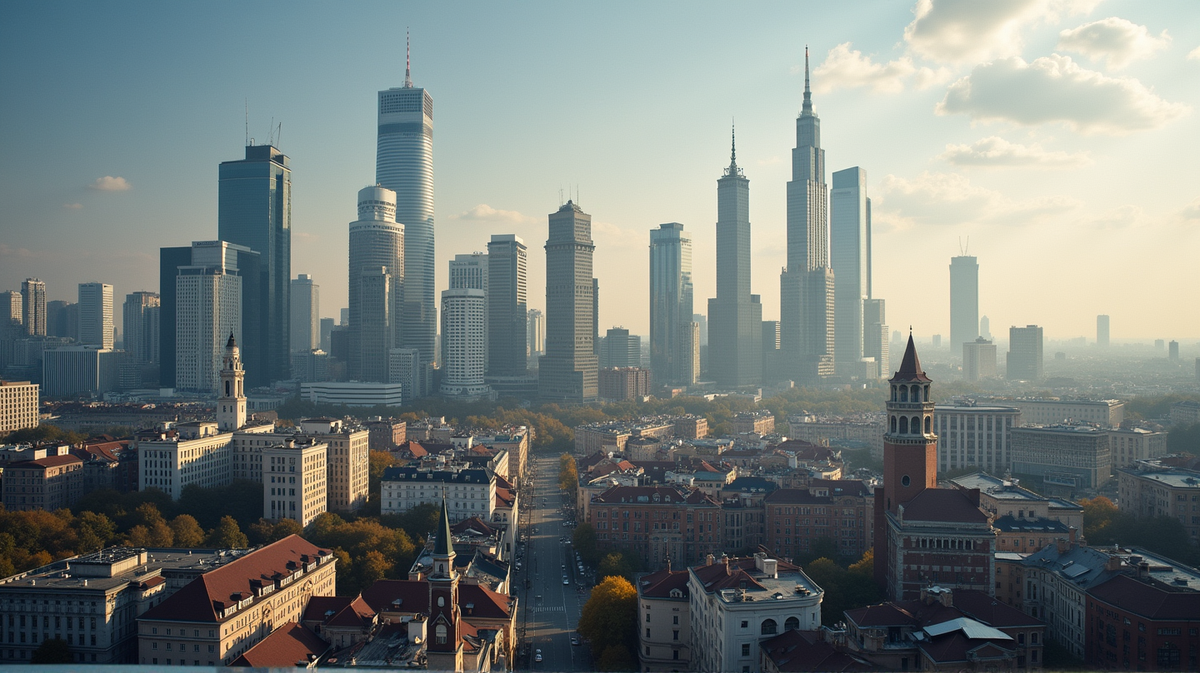Kremlin's Economic Maneuvers: Consumers Expected to Shoulder the Burden
As Russia's wartime economy slows, Kremlin ups VAT to bolster finances, leaving consumers and businesses to feel the pinch of new fiscal policies.

The Rising Tide of Taxation
In a striking policy move, the Russian government has decided to raise the value-added tax (VAT) from 20% to 22%, aiming to inject about 1 trillion rubles—equivalent to a staggering $12.3 billion USD—into the state budget. This comes at a critical time as revenue from oil has dwindled and military spending has plateaued after years of focus on the Ukraine conflict. As stated in AP News, ordinary citizens and small businesses are set to bear the brunt of this fiscal strategy.
Targeting Small Businesses
The legislation also notably reduces the threshold for businesses required to collect VAT, shifting it from 60 million rubles to merely 10 million rubles in sales. Previously exempt entities like corner stores and beauty salons will now have to join the tax pool. Pensioners and business owners, like Svetlana Martynova who spoke to AP, express concern over the harsh impact on smaller enterprises, predicting closures rather than economic rejuvenation.
Expanding the Tax Net
Beyond VAT, the Kremlin anticipates further revenue through increased taxation on goods such as alcohol and tobacco. Fees for renewing licenses and importing automobiles face similar spikes, while digital equipment could see a new tech tax. Together, these policies portray an intricate yet challenging landscape for everyday Russian citizens.
Tensions Between Military and Consumer Spending
The larger fiscal canvas reveals a tension between military expenditure and the availability of consumer goods. High central bank interest rates and shrinking economic growth outline a complex interplay where every ruble accounts. The rate of inflation remains a specter hovering at 8%, pushing Finance Minister Anton Siluanov to prioritize raising revenue over borrowing to maintain financial stability.
Future at a Crossroads
With the economy expected to grow only 1% this year, the future of Russia’s economic plans hangs in the balance. Despite a temporary buffer from current resources, the government faces inevitable forks in the road—balancing between sustaining the military momentum and ensuring consumer wellbeing. Economic analyst Alexandra Prokopenko highlights the approaching hard choices for Putin’s administration. What remains to be seen is how these strategies will play out over the next 12 to 14 months, shaping both the domestic landscape and the international perception of Russian fiscal might.